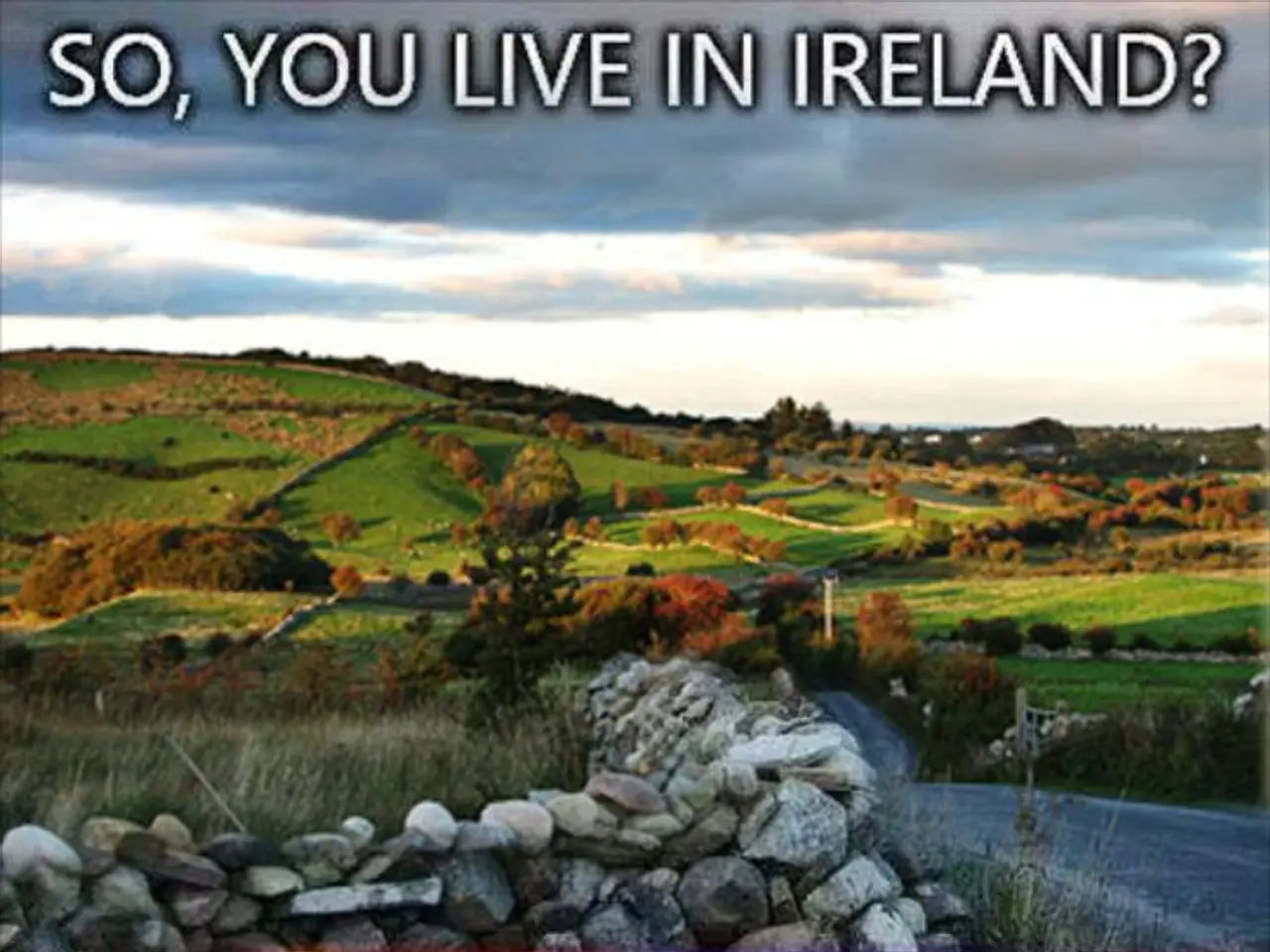Mediterranean Wildfires Rage: EU Struggles to Respond to Climate Crisis
The Mediterranean, once Europe's peaceful border, has become a fiery inferno, with wildfires raging in Cyprus and Turkey. The EU struggles to respond effectively, as political will for radical emissions policy lags, and firefighting resources fall short.
The Mediterranean basin is heating up 20% faster than the global average, making fire weather common. Wildfire seasons are starting earlier, lasting longer, and costing more. The recent blazes in Cyprus and Turkey are testament to this. Over 100 square kilometres have burned in Cyprus, claiming at least 12 lives and destroying hundreds of homes. In Turkey, over 10 firefighters have lost their lives, with many fires still active.
International efforts to contain the fires include aircraft from Greece, Italy, Israel, and the EU. However, the EU Civil Protection Mechanism, designed to aid in such crises, is under-equipped and slow to deploy. The lack of a pan-European coordination mechanism further hampers response efforts. Despite the scale of the crisis, there's no public confirmation of international firefighters and aircraft deployed from specific nations.
To tackle this growing threat, Europe needs a vastly expanded firefighting air fleet and a new Mediterranean Adaptation Fund. Stricter enforcement of carbon compliance is also crucial. The European Commission must also stop funding ineffective international offsets.
The Mediterranean's wildfires are a stark warning of the climate crisis. Europe must act swiftly to bolster its firefighting capabilities, adapt to the changing climate, and enforce stricter emissions policies. Failure to do so risks more lives and homes, and could see the rest of the continent follow the Mediterranean into the fire.







